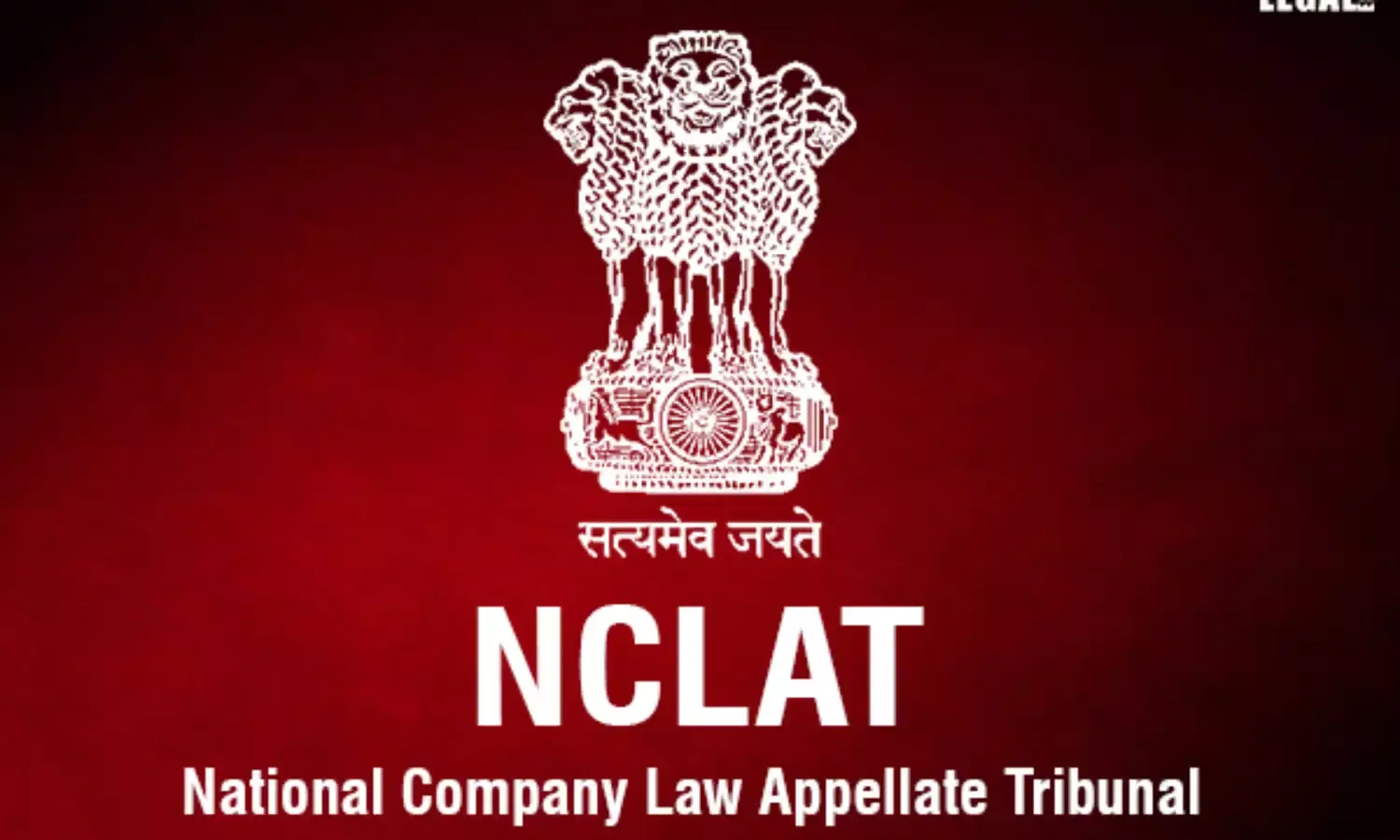NCLAT: IBC Doesn't Mandate Parity Treatment For Unrelated Parties
The National Company Law Appellate Tribunal (NCLAT), Principal Bench, New Delhi, consisting of Justice Rakesh Kumar Jain;

NCLAT: IBC Doesn't Mandate Parity Treatment For Unrelated Parties
The National Company Law Appellate Tribunal (NCLAT), Principal Bench, New Delhi, consisting of Justice Rakesh Kumar Jain (Judicial Member), Shri Naresh Salecha, and Shri Indevar Pandey (Technical Members), adjudicated an application under Section 61 of the Insolvency and Bankruptcy Code, 2016 (IBC, 2016) in the case of West Coast Paper Mills Ltd. v. Bijay Murmuria & Ors. The tribunal ruled that the IBC does not require related parties to be paid on par with unrelated parties. It was determined that the Committee of Creditors and the Adjudicating Authority acted within their rights by not treating a related party unsecured creditor on the same level as secured financial creditors.
Jayant Kumar Panja, a former employee of Fort Gloster Industries Limited (the corporate debtor), initiated the Corporate Insolvency Resolution Process (CIRP) due to a default in receiving his gratuity payment of Rs. 1,13,946/-. Bijay Murmuria was appointed as the new Interim Resolution Professional (IRP) to replace the previous IRP. Subsequently, a resolution plan for Fort Gloster Industries Ltd. was proposed and approved, with West Coast Paper Mills Ltd. (the appellant) contesting certain aspects.
The appellant argued that it should be treated equally with other financial creditors and be eligible for an equitable pro-rata distribution as per the resolution plan. They asserted that they have been unfairly categorized as equity shareholders rather than being treated in parity with unrelated secured financial creditors. Moreover, they claimed that the resolution plan contradicts the provisions of the IBC and should therefore be invalidated.
In response, the respondent contended that a resolution plan can indeed allocate payments differentially among various classes of creditors. They further argued that the appellant cannot demand equal treatment with secured financial creditors under the resolution plan, as they are considered a related party of the corporate debtor and categorized as an unsecured financial creditor.
The tribunal noted that the resolution plan, which recognized the appellant as a related party unsecured financial creditor, had been approved by both the Committee of Creditors (CoC) and the Adjudicating Authority. Consequently, the appellant was not classified as equivalent to an equity shareholder, and no payment was allocated to them due to their related party status.
Furthermore, it was emphasized that the appellant, being an unsecured financial creditor and a related party to the corporate debtor, does not fall under the category mandated by the IBC. Reference was made to the case of M.K. Rajagopalan v. Dr. Periasamy Palani Gounder & Anr, which established that the IBC does not require related parties to be paid in parity with unrelated parties.
The tribunal further observed that any restriction on differential payments to different classes of creditors in the resolution plan is ultimately subject to the commercial discretion of the CoC. As long as the provisions of the IBC and CIRP regulations are adhered to, no fault can be attributed to the resolution plan for not making provisions for a related party.
Consequently, the tribunal ruled that the Committee of Creditors and the Adjudicating Authority were fully justified in not treating a related party unsecured creditor on par with secured financial creditors. With these findings, the appeal was dismissed.


